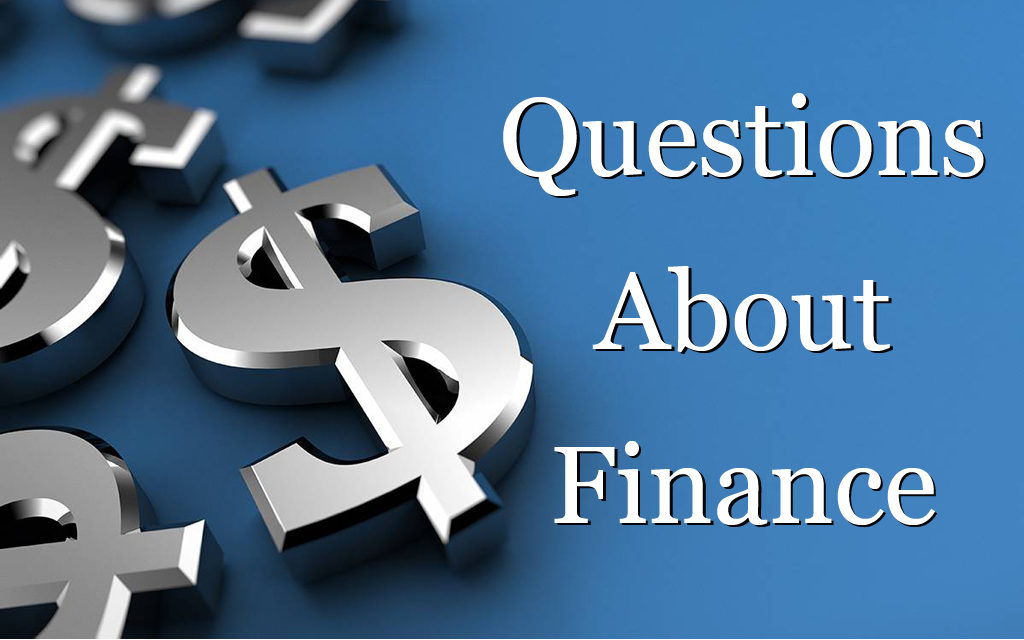Taylor J. Kovar – CEO/Founder, Kovar Wealth Management
–Hey Taylor – Can you explain “consumer confidence” to me? I feel like that term is thrown around as a way to tell me how I feel and I’d love to have it broken down.
–Hey Dan – That’s a great way to describe it. We’re all consumers, so the metric really does feel like a poll that says, “This is how you feel!” Of course, a lot of people don’t see eye-to-eye with the monthly Consumer Confidence Survey; it’s at its highest level in over two years and I know many people who don’t feel confident with their current economic situation. So let’s break it down a little.
Since the late ‘70s, the Conference Board has indexed surveys about economic indicators and the general public’s attitude regarding the economy. It’s a monthly survey with a range of questions about people’s personal finances as well as the overall conditions in the country.
For the most part, consumer confidence tracks with a growing economy. During the pandemic when things were shutting down, people’s confidence went with it. As inflation has eased up a little over the last year, confidence has risen. All of that is as you would expect.
Taken at face value, consumer confidence doesn’t tell us anything new. The general confidence statistic isn’t going to shake things up too dramatically, and it’s rarely going to offer a big surprise. That said, the nuance of the report is a little more interesting and actually gives some insight.
For example, a recent survey had only 21% of people saying business conditions were good, but 46% of the same group said jobs were plentiful. Using those two numbers, you can get a clearer picture of the economic gray areas that people are dealing with.
It’s not worth arguing over the validity of any given consumer confidence report. Your reality is your own, and maybe 60% of the people surveyed in a given month feel differently than you do. No one with a good head on their shoulders will yell at you about solid consumer confidence if you’re trying to explain how hard it is to afford your mortgage and groceries.
If there’s one takeaway for me, it’s the expectation part of the confidence report, where we learn how some people are feeling about their prospects. If a lot of people think things are going to get worse, that’s an indicator they won’t be spending and investing as much. Doesn’t matter how good or bad my month has been—that’s how those people feel.
In short, consumer confidence means exactly that, but it doesn’t necessarily reflect the confidence levels of all consumers. Hope this information is useful, Dan!






